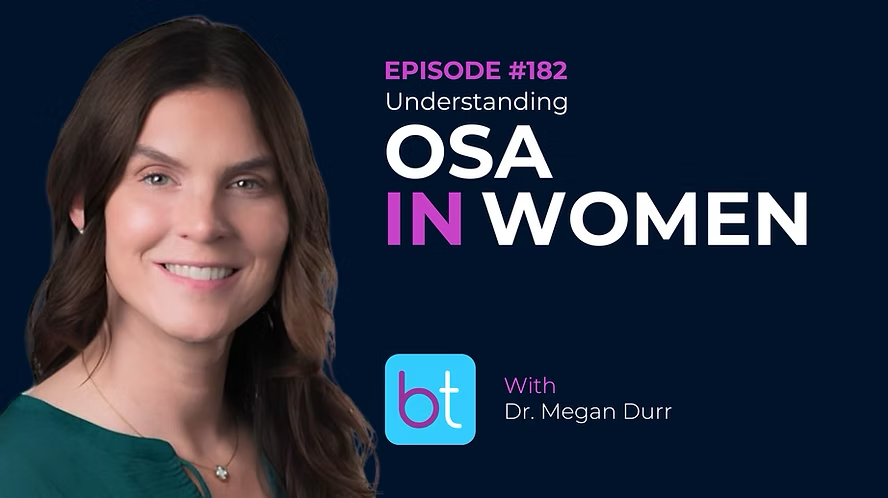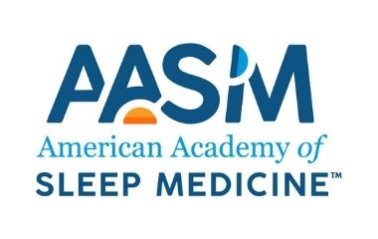Sleep Surgery
Breathe Better, Sleep Better: Specialized Surgical Care

UCSF Division of Sleep Surgery Mission
The mission of the Sleep Surgery Division is to deliver exceptional, patient-centered surgical care for sleep disordered breathing. We aim to advance the field through cutting-edge research, innovative surgical techniques, and comprehensive education. Our goal is to improve quality of life and long-term health outcomes for all patients.
In the Media

BackTable ENT Podcast (Dr. Durr)

AASM Podcast: The Nose and OSA (Dr. Chang)
AASM Podcast: Microbiome and OSA (Dr. Goldberg)
 NYTimes How Can I Stop Snoring? (Dr. Chang)
NYTimes How Can I Stop Snoring? (Dr. Chang)

